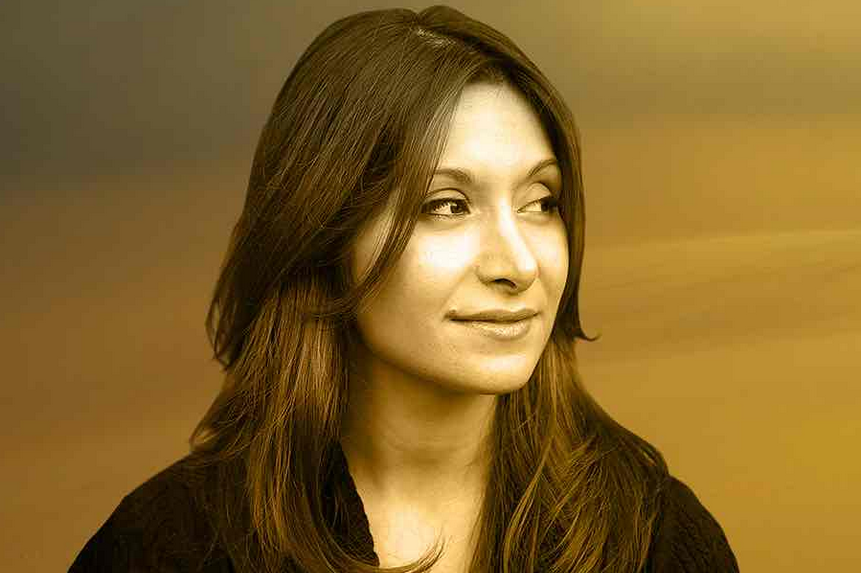AMNA NAWAZ: In September, the Trump administration proposed an annual refugee cap of 18,000 people for the year 2020. That's down from the low of 30,000 refugees this year. But what makes someone a refugee and another person a migrant? Tonight, writer Dina Nayeri offers her Humble Opinion on that important difference.
DINA NAYERI, Author, The Ungrateful Refugee: What Immigrants Never Tell You: In 1989, when I was 10, I arrived in Oklahoma as a refugee. In Iran, my mother had been threatened with execution for converting to Christianity, so we were recognized as political dissidents and granted asylum. According to American law, refugees are entitled asylum because they have suffered persecution and face future danger, whereas economic migrants must prove their merit. The difference between these two groups may seem obvious, danger to one's life, but, in practice, it is anything but. When you apply for asylum, either at the border or in an embassy, often before you have had legal advice, you're given what's called a credible fear assessment. Let's say you're from Central America and a gang demanded money from you. You refused, and they threatened to kill you. Naturally, you fled. At the U.S. border, the officer will ask for the specific reason that you refused the gang. The truth is there are many reasons you didn't pay. You don't have the money. It stinks to face extortion every day. But if you happen to say to the officer, Because I didn't have the money, then you don't qualify for refugee status. But if instead you say, Because I don't believe gangs should be running my country, that would make you a refugee. Why? Because you have a well-founded fear of future persecution based on your political opinion, that the country shouldn't be run by gangs. Think about that for a minute. If you testify that the gang said, We will kill you, you cheapskate, you're just a migrant.

If they said, We will kill you, you traitor, you're a refugee. Seems arbitrary, doesn't it, to hang an entire person's fate on the gangster's insult of choice? I come from a family of doctors and scholars. When we had our asylum interview, we knew that our Christianity was the central question. If my mother had been less educated about what she shouldn't say, she might have wept about her marriage or a lack of money after we escaped Iran. If she had, would our asylum have been denied? Would I be a writer now, or a frustrated housewife forced to live under a head scarf? I'd like to believe that would have been a waste. So here's my question: How meaningful is the distinction between migrant and refugee? Is this really a useful way to decide how much people have suffered and what care and protection we owe to our fellow man? And how exactly do you define a life in danger? If a life is sure to be wasted in poverty, without education, opportunity, or purpose, isn't that a kind of danger too?












